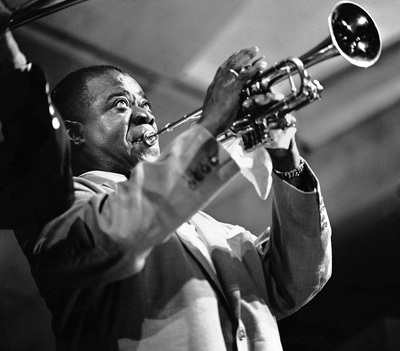
Marsalis’ next group featured pianist Marcus Roberts, bassist Robert Hurst, and drummer Watts. By that time Wynton was a superstar, winning a countless number of awards and polls. His quintet with Branford lasted until late 1985, although a rift developed between the brothers (fortunately it was only temporary) when Branford finally quit the band to tour with Sting’s pop group. In 1982, Marsalis not only formed his own quintet (featuring brother Branford, Kenny Kirkland, Charnett Moffett, and Jeff “Tain” Watts) but recorded his first classical album he was immediately ranked as one of the top classical trumpeters of all time. He toured with Herbie Hancock (a double-LP resulted), continued working with Blakey, signed with Columbia, and recorded his first album as a leader. He went to Juilliard when he was 18 and in 1980 he made his first recordings with the Art Blakey Big Band and joined the Jazz Messengers.īy 1981, the young trumpeter was the talk of the jazz world. Marsalis played first trumpet in the New Orleans Civic Orchestra while in high school. He studied both classical and jazz and played in local marching bands, funk groups, and classical orchestras. The son of pianist Ellis Marsalis, the younger brother of Branford and the older brother of Delfeayo and Jason (the Marsalis clan as a whole can be accurately called “The First Family of Jazz”), Wynton (who was named after pianist Wynton Kelly) received his first trumpet at age six from Ellis’ employer, Al Hirt. From that point on, even when playing a Miles Davis standard, Marsalis possessed his own sound and has taken his place as one of jazz’s greats. He gradually found his own voice by exploring earlier styles of jazz (such as Louis Armstrong’s playing), mastering the wah-wah mute, and studying Duke Ellington.

In fact, Marsalis’ most inspiring work has been with youngsters, many of whom he has introduced to jazz a few young musicians, such as Roy Hargrove, have been directly helped by Marsalis.

The music of the mid-’60s Miles Davis Quintet had been somewhat overshadowed when it was new, but Marsalis’ quintet focused on extending the group’s legacy, and soon other “Young Lion” units were using Davis’ late acoustic work as their starting point. There had been a major shortage of young trumpeters since 1970, but Marsalis’ sudden prominence inspired an entirely new crop of brass players. Marsalis’ arrival on the scene started the “Young Lions” movement and resulted in major labels suddenly signing and promoting young players. In the early ’80s, it was major news that a young and talented Black musician would choose to make a living playing acoustic jazz rather than fusion, funk, or R&B. The most famous musician in contemporary jazz, Wynton Marsalis had a major impact almost from the start. Wynton Marsalis: The Top 20 pearls in Jazz history Wynton Marsalis biography And subscribe to our social channels for news and music updates:


 0 kommentar(er)
0 kommentar(er)
